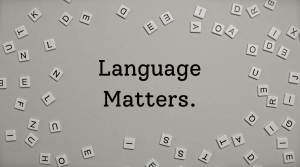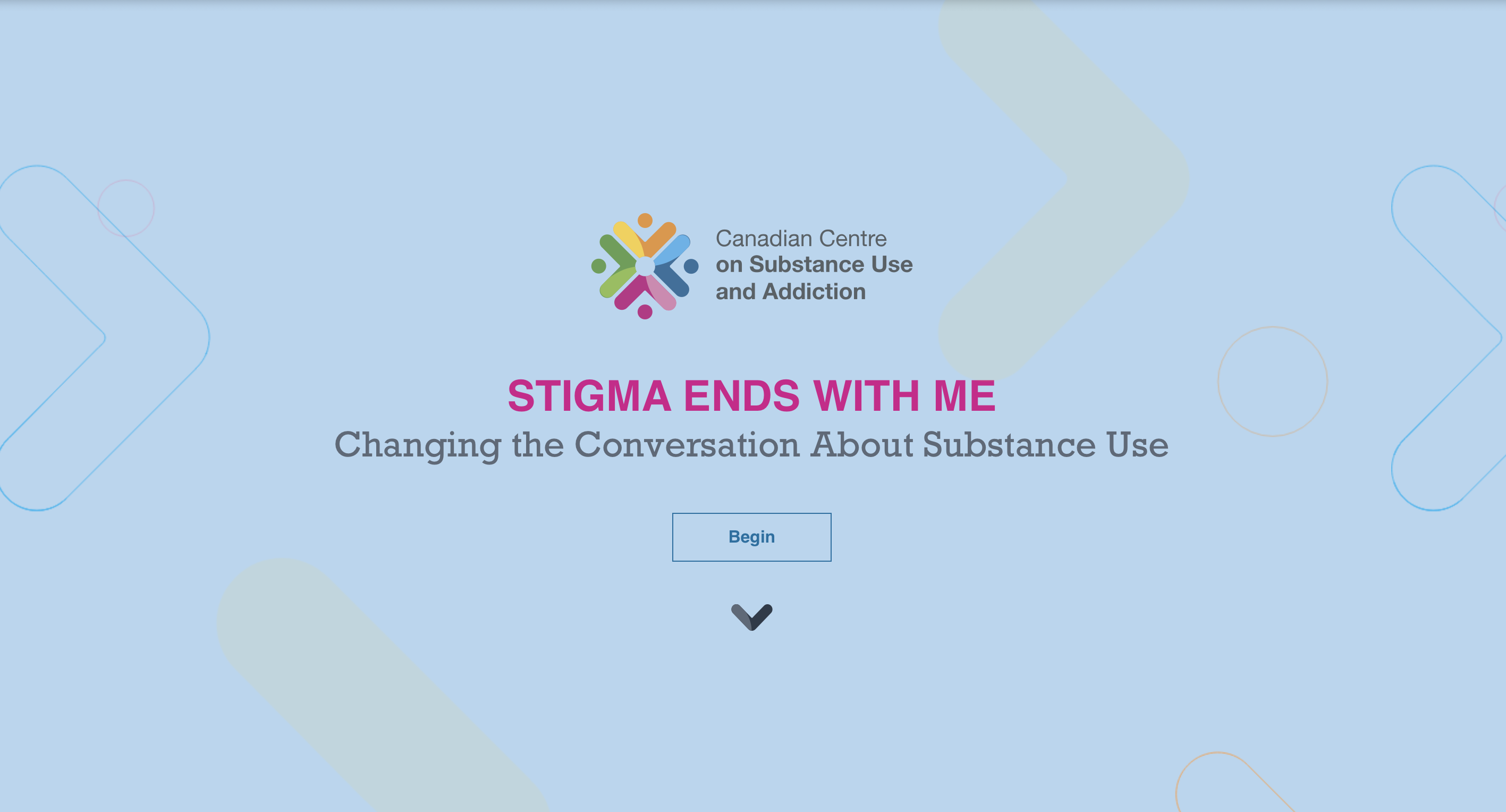9.6 Person-First Language

Language is a powerful social tool that shapes how we view the world. It also has a direct impact on those around us (Health Canada, 2018). Although the application of certain forms of language and labelling can lead to social and self-stigma, the opposite is also true – language can be used to combat stigma. Reframing the way we speak can have a profound impact on how people are viewed and treated. The use of person-first language is an important part of such a language shift. The term “people who use substances” (PWUS) is an example of person-first language. Such language works to combat stigma by putting the person before their substance use (Health Canada, 2019). Rather than prioritizing the use of substances, we prioritize the person. People who use substances are first and foremost people, who happen to use substances or who are experiencing a SUD. When we use this type of language, we reinforce and prioritize the PWUS as a person, rather than equating them and their identity with their substance use. This is the first step we can take to make a difference and support PWUS and those who experience SUDs.
Examples of person-first language include:
- People who use drugs (PWUD)
- People/person who uses substances (PWUS)
- Person experiencing a substance (drug/alcohol/opioid) use disorder (SUD)
- Person who occasionally uses substances/drugs
- Person with lived and living experience (PWLLE) of substance use
- Person who engages in heavy episodic alcohol consumption or substance use
(CCSA, 2019; Health Canada, 2018).
After learning how to speak compassionately about PWUS, the next step to helping eradicate substance use-related stigma is by sharing what we have learned with friends, family, and members of the community in which we live, work and play (Health Canada, 2019). In taking steps to help eliminate social biases and the use of stigmatizing language, we as a society can begin the process of reconstructing how PWUS are perceived, referred to and treated, thereby promoting positive change.
Click the links below to learn more about how we can combat stigma through language:
Changing How We Talk About Substance Use
Never Call Someone an “Alcoholic” or “Addict”
VIDEO: Changing the Stigmatizing Language of Addiction to Support Recovery
The following video features PWLLE discussing the importance of changing the language surrounding substance use and PWUS.
Click the image below to access and complete the third of three interactive modules developed by CCSA. This module explores how you can play a role in ending stigma (Note: This module will resume where you left off. To re-start the module from the beginning, open a new Incognito Window (Chrome), Private Window (Safari, Firefox), or InPrivate (Edge)).


